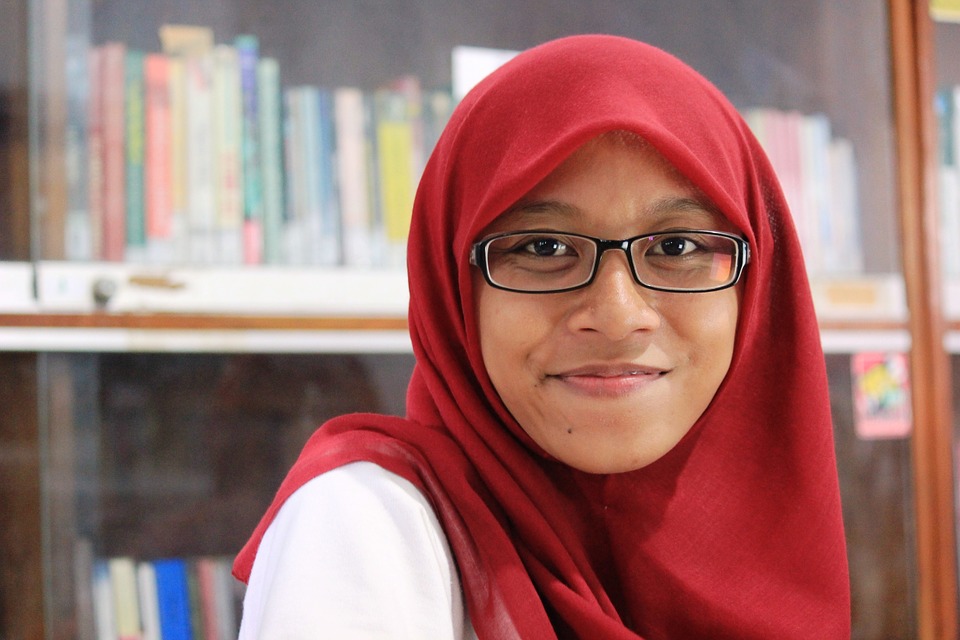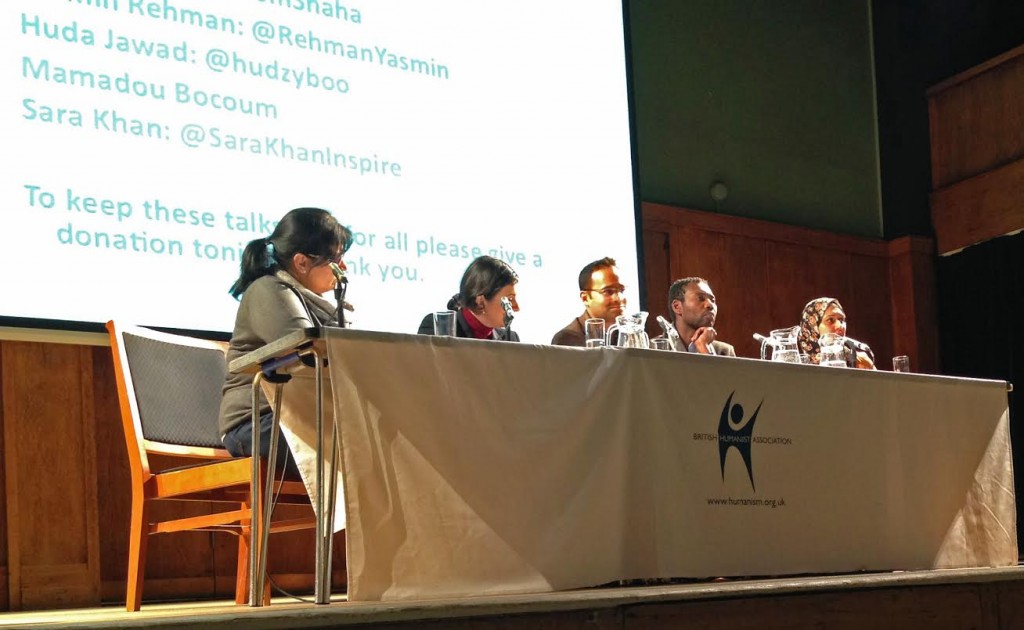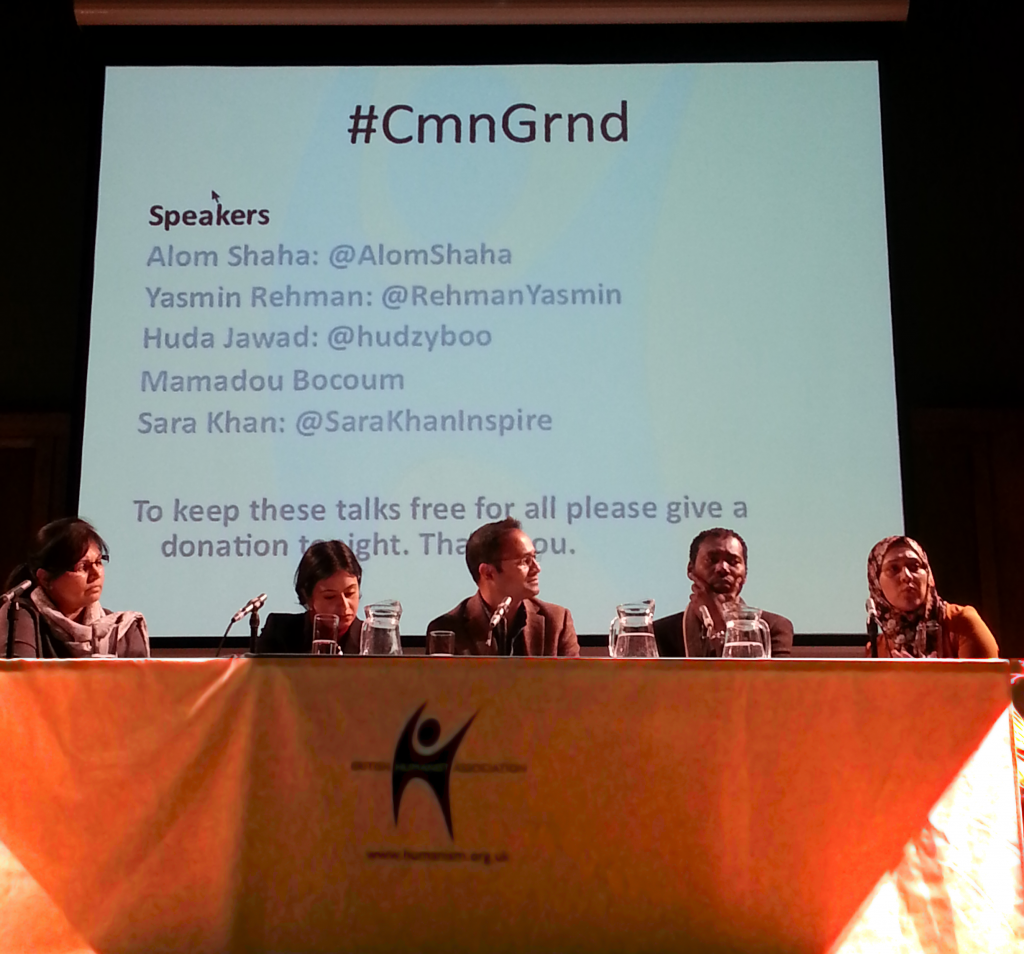
Contrary to what many newspapers reported, the ECJ did not permit or issue a ‘Muslim headscarf ban’
Headline after headline after headline yesterday, from across the political spectrum, erroneously reported that the European Court of Justice (ECJ), the top court of the European Union, has ruled that bans on Muslim headscarves in the workplace can be legal. But this is not accurate and such headlines risk causing a huge amount of acrimony if, for example, employers try to bring in such bans when in fact they don’t have the law on their side.
To be fair to the journalists who wrote all the headlines, the ECJ press release on the matter is very confused. It starts off by simply saying ‘An internal rule of an undertaking which prohibits the visible wearing of any political, philosophical or religious sign does not constitute direct discrimination’. But it doesn’t define anywhere what direct discrimination means, and doesn’t talk about its sibling, indirect discrimination, until well into page two – and when it does, it’s fairly muddled in the language it uses. We at the British Humanist Association had to read it through about three or four times before we got our heads round it.
So, let’s try and clear things up a bit. Essentially in equality and human rights law there are two types of discrimination. Direct discrimination, as it relates to religion or non-religious beliefs, is where you have a policy that targets someone because of their religion or belief.
Indirect discrimination is where you have a policy that does not target someone because of their religion or belief per se, but it nonetheless puts individuals of particular religions or beliefs at a disadvantage, when compared to those of other religions or beliefs.
Yesterday’s ruling actually focussed on two different cases – one from Belgium and one from France. In both cases, the employer had a policy of not allowing employees to wear religious dress or symbols. This led to two Muslim employees wearing the headscarf to be fired. They then took the cases through the domestic courts and finally up to the European court.
Neither employer’s policy was deemed to target Muslims specifically, so it was not found to be direct discrimination. That seems to me to be correct.
However, indirect discrimination is not always unlawful. It can in fact be lawful where the discriminatory requirement can be said to be a ‘genuine and determining occupational requirement, provided that the objective is legitimate and the requirement is proportionate.’
A clear example of this is a case heard at the European Court of Human Rights (ECtHR) in 2013, involving a nurse called Shirley Chaplin. She was wearing a cross around her neck, and her NHS Trust deemed that this posed a risk to her and patients’ safety in case ‘a disturbed patient might seize and pull the chain, thereby injuring herself or the applicant, or that the cross might swing forward and could, for example, come into contact with an open wound.’ Her Trust asked her to wear the cross on a pin instead. She refused and took a human rights case. She lost the case because it was found that her employer’s request that she wear the cross on a pin instead of a chain was a proportionate means of pursuing the legitimate objective of patient safety.
On the other hand, a case where an employer was found to have got it wrong was the case of Nadia Eweida, which was also determined at the ECtHR in 2013. She also wanted to wear a cross round her neck, and her employer, British Airways, said that this went against their uniform policy. This was deemed not to be a proportionate means of achieving a legitimate aim and so her claim of indirect discrimination was successful.
In yesterday’s two cases the ECJ made no ruling as to indirect discrimination. It set out the tests by which the indirect discrimination could possibly be lawful. This included the problematic concept that it might be okay to require no religious symbols in customer-facing staff, which seems to me to go further than the ECtHR ruling with Eweida did (and, Darren Newman has argued, is less likely to be seen by European courts as okay in a UK than in a French/Belgian laïcité framework). But it did not rule on the matter. Instead it remitted the question of legality back to the Belgian and French courts to decide, and merely speculated about possibilities of moving staff to different roles.
These two cases were decided under the European Employment Directive, hence they went to the European Court of Justice, whereas the two cases from 2013 were decided under the European Convention on Human Rights and hence they went to the European Court of Human Rights. But the indirect discrimination law is essentially the same in both sets of courts. So I find it hard to see how, given the 2013 decisions, the Belgian and French courts will be able to do anything but uphold the indirect discrimination claim (or if they do, how, if it then goes back to the ECJ, it will be able to do anything but likewise).
And even if the eventual ruling is against a claim of indirect discrimination, the ECJ remains just one of two legal avenues open to these two employees – they can also take an ECtHR claim. And I can’t see how the ECtHR can rule in a different way here to how it did in the Eweida case.
Headlines saying the ECJ has allowed employers to ban headscarves are premature at best and completely wrong at worst.


